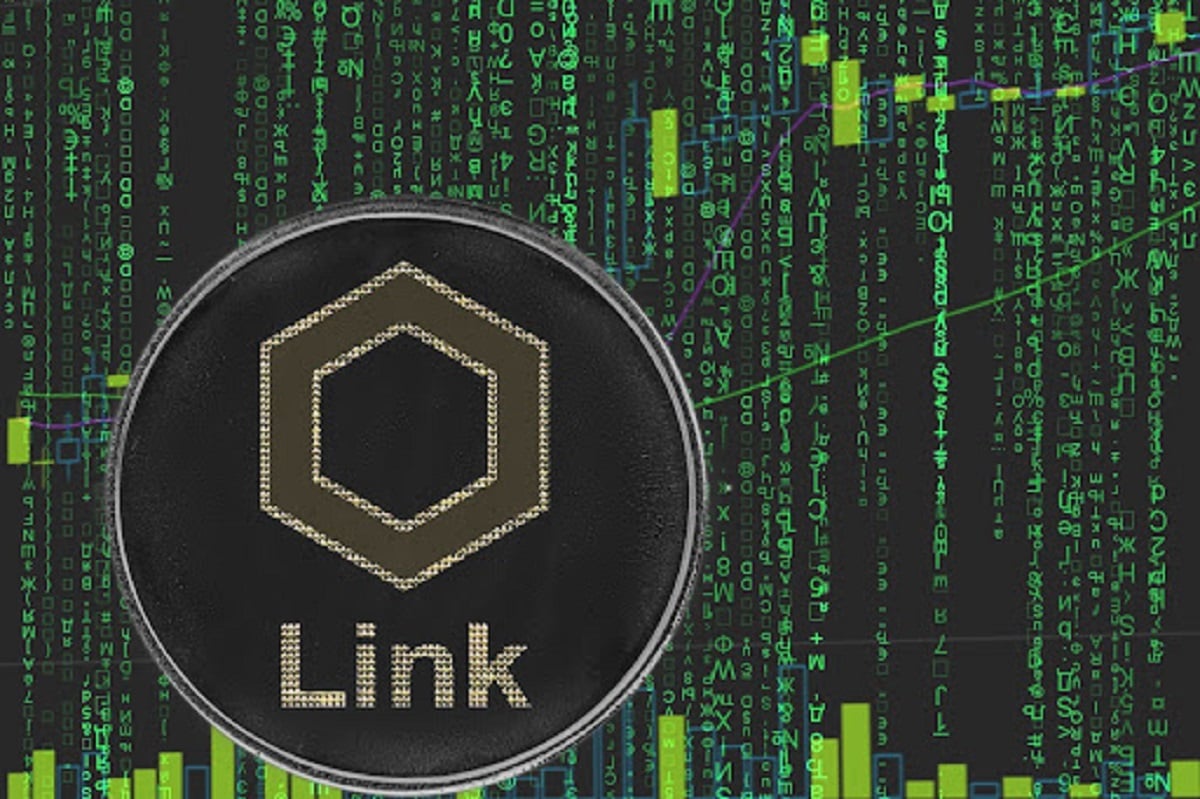- Chainlink has launched CCIP Private Transactions on its Blockchain Privacy Manager, a feature that has the potential to accelerate institutional blockchain adoption.
- ANZ and Chainlink have demonstrated how financial institutions can use Chainlink’s CCIP to enable cross-chain settlement of tokenized assets.
Chainlink, the decentralized oracle network has introduced its CCIP Private Transactions to the crypto ecosystem. This is a feature that facilitates Private Transactions across blockchain networks. Australia and New Zealand Banking Group (ANZ) are among the first institutions to pilot this security solution for settling tokenized real-world assets (RWA) under the Monetary Authority of Singapore (MAS) Project Guardian initiative.
The Blockchain Privacy Manager will allow financial institutions to play a critical role in the adoption of tokenized real-world assets by serving as asset issuers, custodians, and gateways for their customers to seamlessly access and trade these digital assets.
We're excited to announce CCIP Private Transactions, enabling financial institutions to connect private blockchains to the multi-chain economy.
Australia and New Zealand Banking Group (ANZ) will be among the first financial institutions to pilot the capability for cross-chain… pic.twitter.com/1Qmm9nURqz
— Chainlink (@chainlink) October 22, 2024
Key Advantages of Chainlink’s CCIP Private Transactions
A case study done by ANZ and Chainlink revealed that past interoperability solutions have often been limited due to their inability to provide broad support for both public and private blockchains. Chainlink’s CCIP Private Transactions, powered by the Blockchain Privacy Manager, resolves this by ensuring end-to-end privacy. This allows institutions to meet strict regulatory requirements for both private-to-private and private-to-public blockchain interactions.
Additionally, the CCIP network allows traditional finance (TradFi) and enterprise systems to connect with private blockchains while selectively revealing only the necessary on-chain information for each transaction, addressing a major privacy issue in the blockchain industry
The Blockchain Privacy Manager keeps sensitive transaction details such as data, token amounts, and counterparties completely private through an advanced on-chain encryption and decryption protocol. Only authorized parties, such as compliance authorities, can access this data, which helps protect against third-party and adversarial breaches. Institutions can define specific privacy rules for their transactions, ensuring that all parties involved have appropriate access while maintaining strong protections against unauthorized access.
In other developments, Mountain Protocol recently integrated its USDM stablecoin with Chainlink’s CCIP, improving security and efficiency for token transfers across Ethereum, Arbitrum, and Polygon POS. This partnership enhances USDM’s interoperability and offers users a more secure way to transfer value between different blockchain ecosystems. After the partnership, LINK underwent a vertical ascent. The Chainlink price soared 2.61% to $11.41 on October 18.
Additionally, as CNF reported, Chainlink and eight market infrastructures and financial institutions have disclosed that they have found a successful solution to a decade-long challenge.
As of press time, each unit of Chainlink (LINK) sells for $12.15 with a market cap of $7,614,709,877. Its trading volume soared by 5.52%, reaching $237.231 million over 24 hours. If LINK can break above the $13.01 resistance level, there’s a promising potential it could test the next resistance at $14.85, and ultimately aim for $19.23.






















